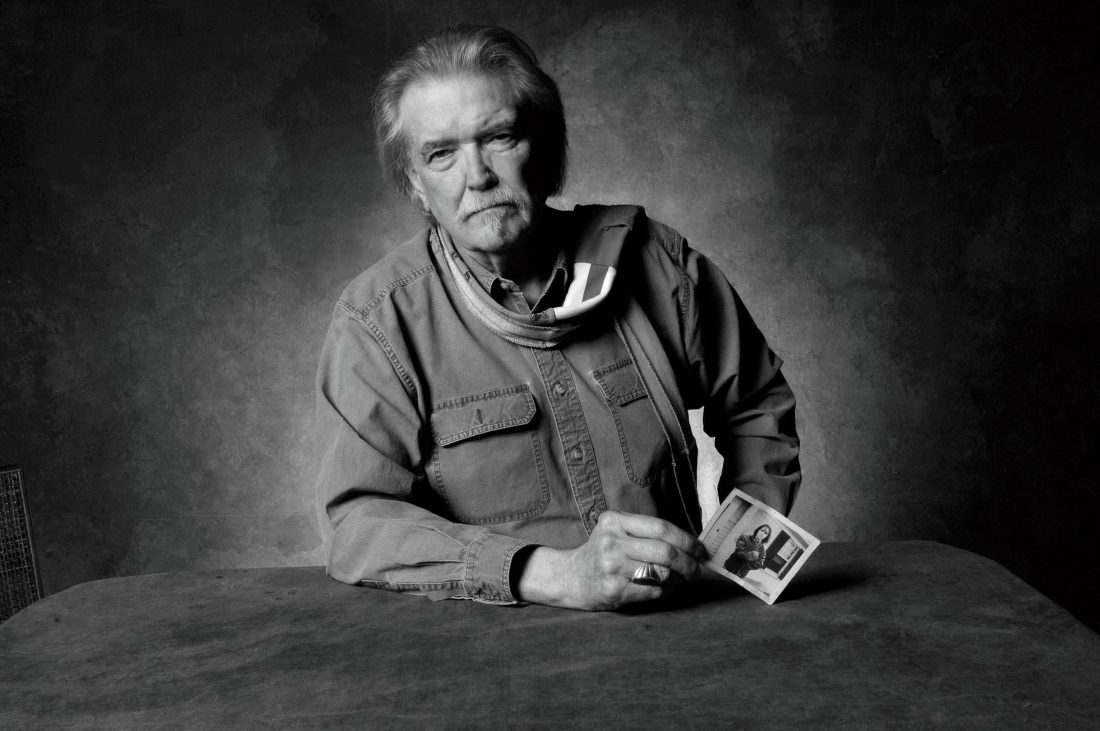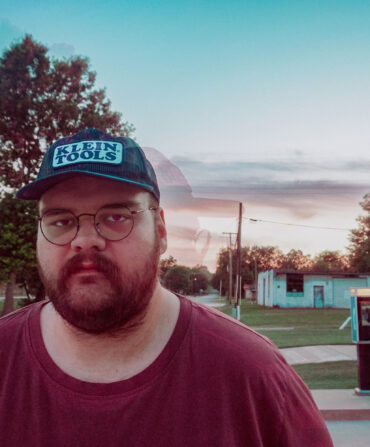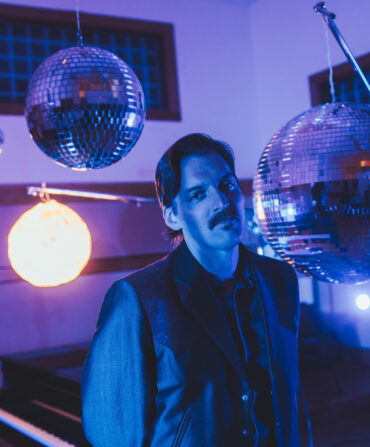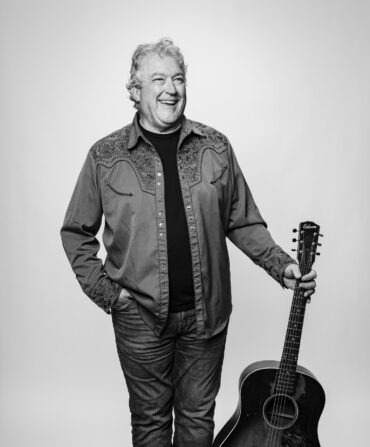Guy Clark is sitting in his modest home in West Nashville, Tennessee, contemplating what it means when someone calls him a “songwriter’s songwriter,” a term frequently applied to the Texas legend. Born in the West Texas town of Monahans, Clark, who is seventy-one, along with his best friend, the late Townes Van Zandt, is considered among the deans of Texas songwriters. “It’s a strange term,” Clark says in his gravelly voice. “It’s flattering, I guess. [But] you can’t make a f**king living being a songwriter’s songwriter.”
Notwithstanding his ambivalence about the term, it’s undeniable that Clark is one of the most influential songwriters in all of country music. In the early seventies, Jerry Jeff Walker turned two of Clark’s songs into hits (“L.A. Freeway” and “Desperados Waiting for a Train”). In the decades since, his work has been recorded by the likes of Johnny Cash, Ricky Skaggs, Vince Gill, Jimmy Buffett, and Brad Paisley, to name a few.
But Clark has saved some of his best writing for himself. His new album, My Favorite Picture of You, is a bare-bones gem that has the feel of Cash’s much-lauded American series of albums. Picture is even starker, with Clark’s deep baritone accompanied by only his guitar or sometimes backed delicately by his longtime band. Though Clark doesn’t consider himself a topical songwriter, in “Heroes,” he seethes about the rash of suicides by soldiers returning from the Middle East, while “El Coyote” recounts the story of eighteen immigrants who died after being abandoned in a locked truck by a smuggler, baking in the Texas sun just over the Mexican border. “Those are things I thought needed to be addressed,” Clark says. “But I don’t read newspapers for song ideas. You don’t have to look for things to write about. I just put out the best songs I’ve got at the time.”
The pinnacle of My Favorite Picture of You is the title track, a love song to his beloved wife of forty years, Susanna, who passed away in June 2012. The picture itself appears on the album’s cover—a Polaroid of Susanna taken more than thirty years ago as she stormed out of a friend’s house, fed up with the inebriated antics of Clark and Van Zandt, who were bombed inside. “We were drunk off our asses; just jerks,” Clark says, chuckling. “Susanna put up with a lot, but there was a point where she would not go past.” Clark had tacked the photo on his wall, where it remains. One day he looked at it, and the song came gushing out of him in a couple of hours. “She had heard the song before she died,” he says, a hint of longing in his voice. “She thought it was about time [I wrote it]. I guess I owed her that one.”
Clark’s career began in Houston. He soaked up the city’s late-sixties folk scene and sat in the living room of guitar legend Lightnin’ Hopkins, learning the art of song craft. “I’m not a white blues player,” Clark says, “but he is an enormous influence in my life.” Susanna convinced Clark to move to Nashville to focus on music, and there the couple formed a powerful team. Susanna wrote songs for Kathy Mattea and Miranda Lambert, among others, and also painted the art that was used for the cover of Willie Nelson’s 1978 classic Stardust, while Clark served as a mentor of sorts for a myriad of musicians—as he says, “whoever came in with a better idea than mine.”
Clark has had his own health issues in recent years. He was diagnosed with lymphoma and has suffered a serious leg injury as well as needing to have both knees replaced. Some days are better than others, but on days that he struggles, his hands shake so he can’t play guitar, paint, or spend time in his downstairs workshop, where he builds his own guitars. He speaks little about his ailments beyond a wisecrack or two. “Cancer is just a pain in the ass,” he says, noting that one of the side effects of chemotherapy is that alcohol makes him nauseated. “I’ve got a great bottle of tequila ready to go if something should change.”
Despite his health, Clark relied on his West Texas gumption to carry him through the new album. “If you say you’re going to do it, you have to just do it,” he says. And though he’s lived in Nashville for decades, he still pines for Texas—the food, the vibe, and even the climate. “I grew up in the desert where there was forty acres to run one cow,” he says. “There’s something about the desert that I find clean and invigorating. I’m in the red to everybody, so if I ever break even, I’ll make it back. But I didn’t get into songwriting to get rich.”








